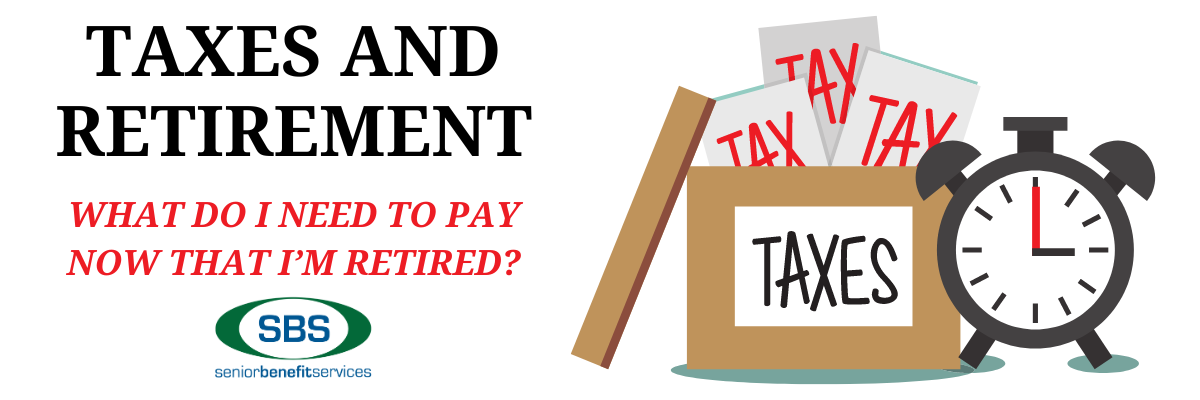
America’s tax system can be complicated and opaque, to say the least. After dedicating your life to a career (or several careers!) and finally reaching your hard-earned retirement, you might be wondering what parts of your retirement income are taxable. As is the case with most other tax questions, it’s complicated, and depends on a few factors.
Social Security Income
According to the Social Security Administration, around 40% of recipients must pay federal income tax on their benefits. How much they pay depends on a few factors: joint or individual filing, and income bracket within those filings. For example, if your combined income on an individual filing is between $25,000 and $34,000, you could pay taxes on up to 50% of your benefits. A quick breakdown is below:
| Individual Filing | |
| Income Bracket | Percentage of benefits taxable |
| $25,000 – $34,000 | Up to 50% |
| More than $34,000 | Up to 85% |
| Joint Filing | |
| Income Bracket | Percentage of benefits taxable |
| $32,000 – $44,000 | Up to 50% |
| More than $44,000 | Up to 85% |
To learn more about income taxes on your social security benefits, visit www.ssa.gov.
Traditional IRAs and Roth IRAs
An individual retirement arrangement (or IRA) allows you to make tax-deferred investments after you retire. There are two main kinds of IRAs: traditional IRAs and Roth IRAs. Roth IRAs are different from Traditional IRAs in that qualified distributions from the Roth IRA may be tax free.
Long-term investments
Long-term investments can be a crucial source of income in retirement. These investments are taxable at their long-term capital gains rate, as well as a 3.8% net investment income tax in some cases. For more information, go to www.irs.gov.
If you have any concerns about your long-term investments, please give us a call at 1-800-627-2768. We are happy to help!
Sources:
Social Security Administration – “Income Taxes and Your Social Security Benefit”
Internal Revenue Service – “Individual Retirement Arrangements (IRAs)”
Merrill – “Taxes in retirement: “What you need to know”
1-800-627-2768
A non-government entity. Not affiliated with or endorsed by any government agency. We do not offer every plan available in your area. Any information we provide is limited to those plans we do offer in your area. Please contact Medicare.gov or 1-800-MEDICARE to get information on all of your options.